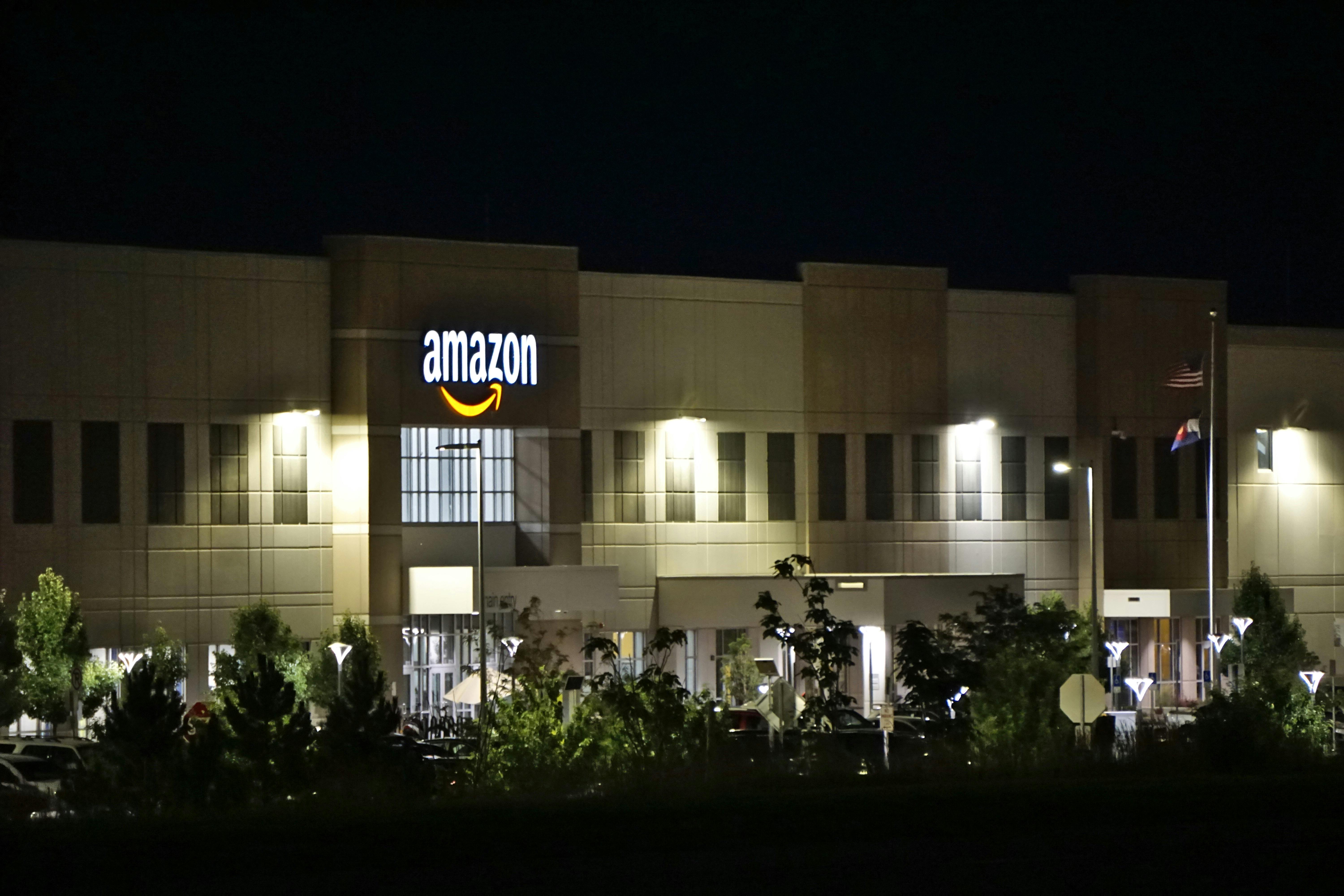Amazon Alexa AI Upgrade - New Features & Pricing Details
Amazon's Alexa gets an AI-upgrade but there is a potential monthly fee.
Eddie
May 23, 2024

Amazon's Alexa, the popular voice assistant launched in 2014, is undergoing a transformation. With advancements in artificial intelligence, especially generative AI, Alexa is set to become more conversational and intuitive. Thus positioning it to better compete with similar technologies from Google and OpenAI. This upgrade, however, comes with a potential monthly subscription fee, indicating a shift in Amazon's strategy towards a more monetized model for Alexa's advanced features.
Amazon's Plan for Alexa

Introduction of AI to Alexa
Amazon is set to introduce an upgrade to its Alexa voice assistant by incorporating advanced generative AI technology. This is aimed to transform Alexa into a more conversational and intuitive assistant. Capable of deeper, more meaningful interactions than its current functionality primarily limited to tasks like setting timers and reading weather reports. The new version of Alexa will utilize Amazon's own large language model, Titan, flexing its capabilities and directly competing with recent advancements from Google and OpenAI.
Separate Subscription Model from Amazon Prime
Unlike its previous model where all features were bundled into the Amazon Prime subscription, the new AI-powered Alexa will require users to subscribe through a separate monthly fee. Likely due to Amazon's need to offset the higher costs associated with running more sophisticated AI models. The decision also indicates a strategic shift in how Amazon plans to market its voice assistant technology, possibly aiming at differentiating and enhancing the value proposition of its AI offerings.
The Implications for Consumers

Changes in Features and User Experience
With the AI upgrade, users can expect a noticeable change in their interaction with Alexa. The improvement will focus on making the assistant more dynamic and context-aware, capable of handling a variety of tasks with more depth and responsiveness. For instance, the upgraded Alexa is expected to handle multi-part queries and offer more personalized responses, moving beyond the basic commands to a more engaging interaction style.
Cost Implications for Existing and New Users
For current users of Alexa, the introduction of a separate subscription service for the AI-enhanced capabilities may lead to additional financial considerations. Amazon has not disclosed exact pricing, but speculation suggests a single-digit monthly fee could be likely, positioning it competitively against other services such as OpenAI's ChatGPT subscription. Existing users will need to decide if the enhanced capabilities justify the additional cost beyond their Prime membership.
Competitive Landscape with Google and OpenAI
The upgraded Alexa places Amazon in direct competition with recent powerful entries from Google and OpenAI, each enhancing their respective digital assistants with generative AI. As AI-powered assistants become more advanced, consumer expectations are shifting, requiring voice assistants to do more than perform simple tasks. Amazon’s move to boost Alexa's capabilities is a strategic effort to remain competitive within this fast-evolving market segment. By leveraging its extensive user base and integrating deeper, more intelligent functionalities, Amazon aims to retain its current users as well as attract new customers who are seeking a more robust digital assistant experience.
Business Implications for Amazon

Strategic Reasons Behind the Upgrade
Amazon's decision to overhaul Alexa with advanced AI capacities largely stems from the need to stay competitive in a rapidly evolving tech landscape. As other major tech companies like Google and Apple intensify their focus on AI by enhancing their voice assistants, Amazon’s initiative to rejuvenate Alexa is crucial to maintain its market share and relevance. Strategic reasons include differentiating Alexa from rival services by enhancing its conversational capabilities and deepening customer engagement through a more personalized, real-time interactive user experience. This upgrade represents a shift towards sustaining consumer interest and loyalty in a tech ecosystem dominated by increasingly sophisticated AI solutions.
Financial and Operational Challenges
The integration of sophisticated AI technology such as generative AI into Alexa is a substantial financial undertaking. The costs associated with upgrading the hardware infrastructure and the ongoing expenses of running high-performance AI computing tasks could be significant. One of the operational bottlenecks could be the challenge in managing the increased data processing and privacy issues that come with a more intelligent Alexa. Also, the financial model of charging a monthly fee for an enhanced Alexa, especially when not included in the Amazon Prime subscription, presents a pricing strategy challenge, which needs to be competitive yet profitable amidst alternatives like OpenAI’s ChatGPT subscription.
Impact on Amazon's Market Position in AI
Amazon’s strategic move to incorporate more advanced AI into Alexa could significantly enhance its standing in the AI domain, where it currently faces perception issues as lagging behind AI leaders like Google, OpenAI, and Meta. By deploying its Titan large language model in Alexa, Amazon is not only upgrading the capabilities of its popular voice assistant but also explicitly integrating its AI advancements to create a robust application that consumers can interact with daily. This could help turn around the perception and assert Amazon’s role as an innovator in the AI space, potentially leading to an increase in consumer trust and interest in its broader AI initiatives. The enhancement of Alexa's AI capabilities may also drive new partnerships, broaden the scope for new AI applications, and solidify Amazon’s presence in the competitive AI market.





